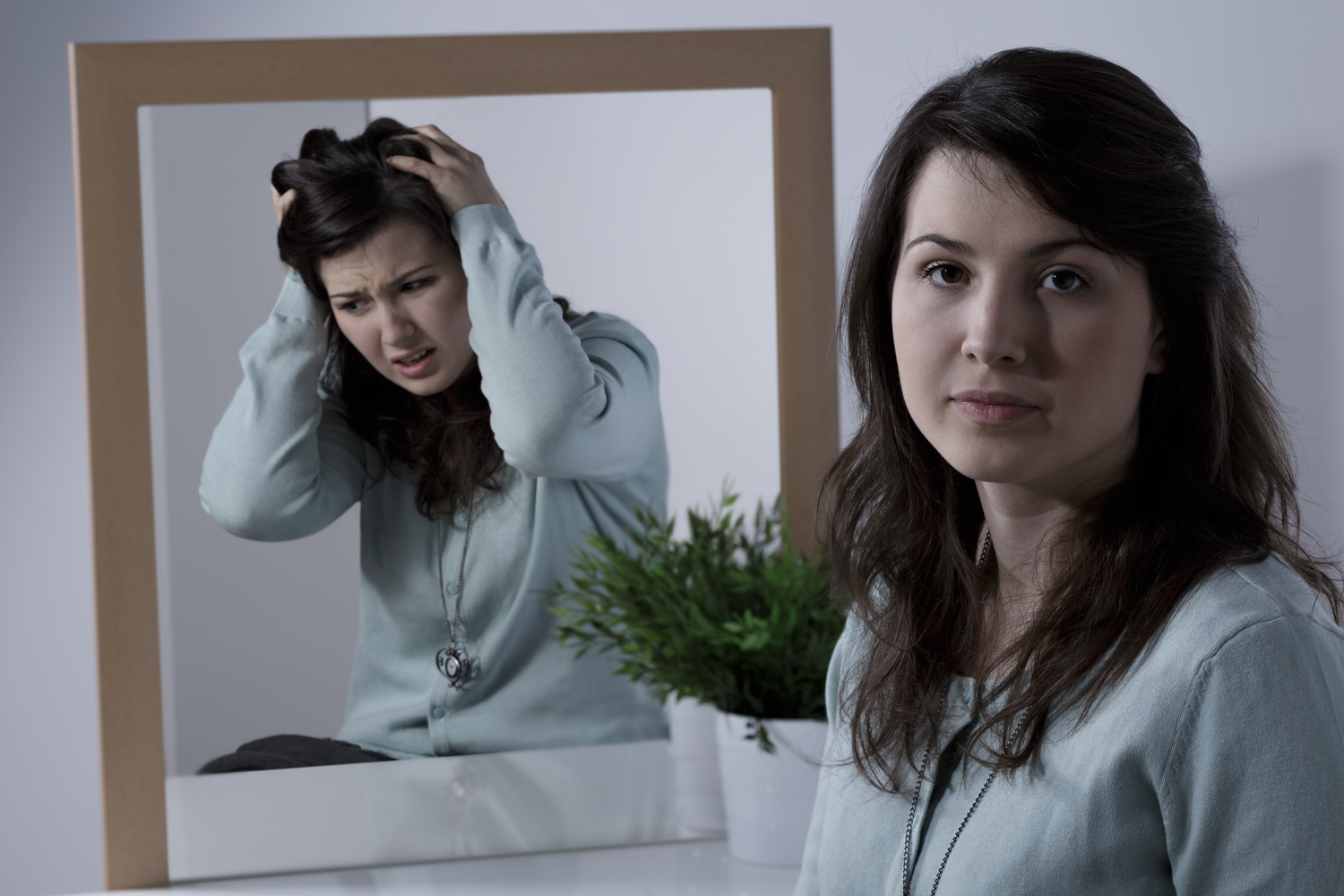
Major signs and symptoms of schizophrenia
Schizophrenia is a severe and chronic mental disorder that affects the way a person thinks, feels, and behaves. People who have been diagnosed with this condition, seem to have lost touch with reality. The condition develops slowly, making it hard to identify initial signs and symptoms.
The symptoms of schizophrenia are classified into two basic types:
- Positive symptoms
Positive symptoms are any changes in the thoughts or behavior like delusions or hallucinations. - Negative symptoms
A lack of function or withdrawal that would not usually be expected to see in a healthy person, as people with schizophrenia often appear emotionless.
The most common symptoms of schizophrenia are as follows.
Hallucinations
Hallucinations are when someone sees, feels, hears, tastes, or smells things that only exist in their mind. One of the most common hallucinations experienced is hearing voices. Hallucinations feel extremely real to the person who is experiencing them. Other people cannot experience these sensations. According to some research, using brain-scanning equipment has shown some changes in the speech area in the brains of people who have been diagnosed with schizophrenia when they hear voices. It has been observed that the thoughts of the brain are mistaken as real voices. Few people describe the voices as pleasant and friendly. However, more often the voices experienced are abusive, rude, annoying, or critical. The voices tend to describe the activities that are taking place, give instructions, discuss the thoughts and behavior, or talk directly to the person diagnosed. Voices may come from different places or only one place in particular.
Changes in thoughts and behavior
A person’s behavior may become more unpredictable or disorganized and the way they carry themselves and dress may seem unusual to others. People with schizophrenia usually become extremely agitated and swear or shout for no reason. Their behavior seems quite inappropriate. Some people with this condition describe their thoughts being controlled by somebody else. They feel their thoughts are not their own and/or thoughts have been planted by someone else. It may also feel like someone is removing their thoughts. In some cases, people may feel like their body is been taken over by someone and somebody else is controlling their actions and movements. Also, people who are experiencing psychosis often have trouble keeping track of their conversations and thoughts.
Delusions
A delusion is a belief that is strongly held with conviction, even if the belief is based on a strange, mistaken, or unrealistic view. This affects the behavior of the person. Delusions may develop over weeks or months or can begin suddenly out of nowhere. Some people develop delusional ideas to explain a hallucination that they are having. Someone who is experiencing a paranoid delusion may believe that they are being persecuted or harassed. People diagnosed may believe that they are being chased, watched, followed, poisoned or plotted against, often by a family member or friend. In everyday events or occurrences, people diagnosed find different meanings as they experience delusions. The diagnosed person may feel that the messages in newspapers or on TV are communicating only to them alone.


